UK government says ‘concerned’ by civilian deaths in Yemen, keeps mum on Saudi arms deals
The UK government has voiced “serious concern” over the rising numbers of civilian casualties from Saudi Arabia’s years-long military aggression against Yemen, even as London refuses to end its extensive arms deals with Riyadh.
“The Government expresses serious concern at the tragic loss of life in Yemen over the last month. In the first two weeks of August alone, over 400 Yemenis lost their lives, including young children, and many more continue to face egregious violations of their basic human rights,” read a statement by Prime Minister Theresa May’s office on Sunday.
Since the beginning of the unprovoked war in March 2015, Riyadh had enjoyed the unconditional support of its Western allies as the Royal Saudi Air Force and its regional peers kept pounding what they claimed were positions of the Houthi Ansarullah Movement across Yemen.
However, the Saudi regime found itself in hot water last month when a surge in civilian casualties following a series of brutal attacks on undeniably civilian targets made it too costly for others to stay silent.
On August 2, at least 55 civilians were killed as Saudi-led aircraft targeted a hospital and a fishing harbor in the Yemeni port city of Hudayda. The so-called Saudi-led coalition has been trying to capture the besieged strategic city for several weeks now.
The attack that stood out and drew firm responses even from Riyadh’s closest allies took place on August 9, when Saudi pilots hit a school bus in the Sa’ada province, killing at least 40 children and 11 adults.
The United Nations blasted the attack as “abhorrent” while the US and the UK, the two main purveyors of weapons which also provide intelligence and training to Saudi military forces, rushed to distance themselves from it.
US Defense Secretary James Mattis even sent a representative to discuss the attack and threaten Riyadh with withdrawing support if such attacks continued.
The UK took a more cautious line with Saudis back then and only reacted in the form of tweets posted by Foreign Secretary Jeremy Hunt.
In his posts, Hunt called for investigations into the attack but defended London-Riyadh ties.
The new statement from London used a tougher language and even included references to another attack on August 23, which killed 31 people, most of them women and children.
“We are also deeply concerned by the tragic incidents of 2 August, 9 August, and 23 August in which so many Yemenis were killed. We offer our sincerest condolences to the families of the victims,” read the statement from 10 Downing Street.
To tone down its criticism of Saudi allies, London welcomed alleged Saudi investigations into the attacks and blasted the Houthis for conducting retaliatory missile attacks against Saudi Arabia.
What the British government failed to address in its statement though were its continued sales of missiles, bombs and aircraft to Saudi Arabia, which have increased manifolds in the face of international criticism.
Faced with a pending exit from the European Union that will shutter most EU markets on Britain, the UK views Saudi Arabia and other repressive Arab regimes as lucrative post-Brexit markets for British weapons and goods, even though many of them have been blacklisted by the Foreign Office for human rights violations.
May and his ministers have toured the Middle East on several occasions over the past two years looking for possible customers.
Saudi Arabia is currently the largest purchaser of British weapons. UK officials have time and again justified the deals, arguing there is not enough evidence that Saudi Arabia is using them against civilians.
Hezbollah chief: New US-Israeli war on Iran will set entire region ablaze
UAE says will not allow its airspace, territory to be used for attacks on Iran
VIDEO | Press TV's news headlines
‘Regime-change’ lobbyist cited as Time source on Iran’s riot death toll
US bishops urge ‘respect for life’ as anger swells over ICE killings in Minneapolis
US systematically paralyzing international institutions, Iran tells APA session
Iranian Embassy condemns Israeli airstrikes in southern Lebanon
10 foreign spy agencies involved in plot to destabilize Iran: IRGC intelligence


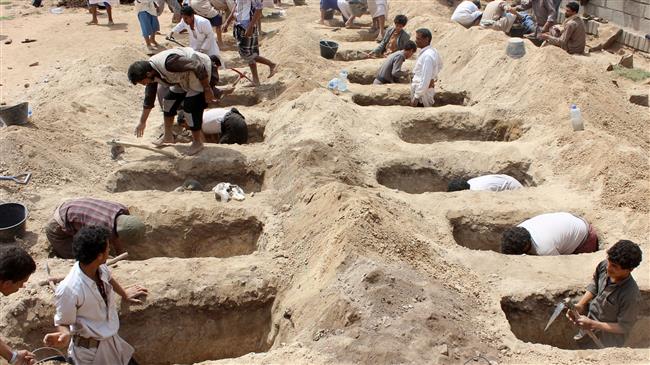


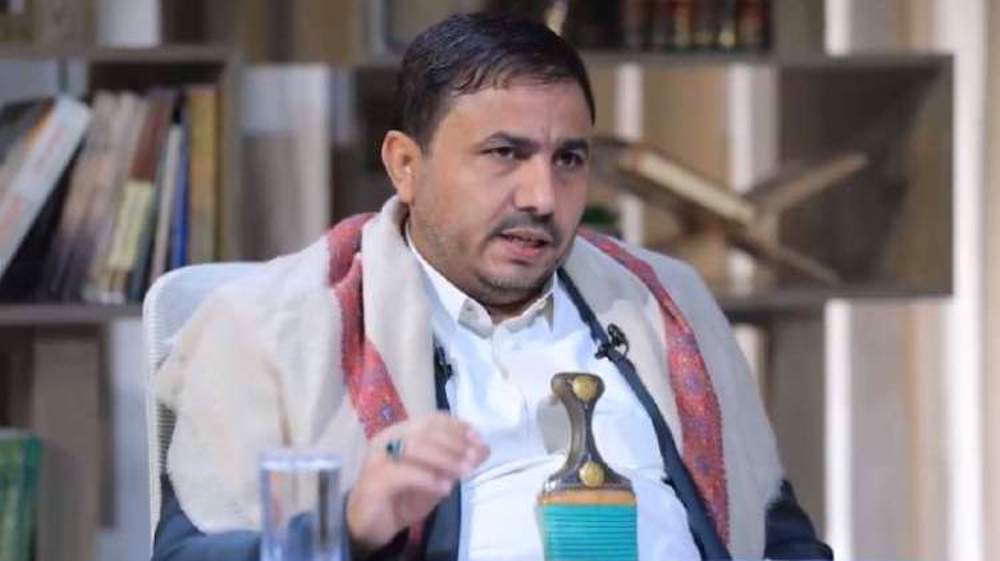
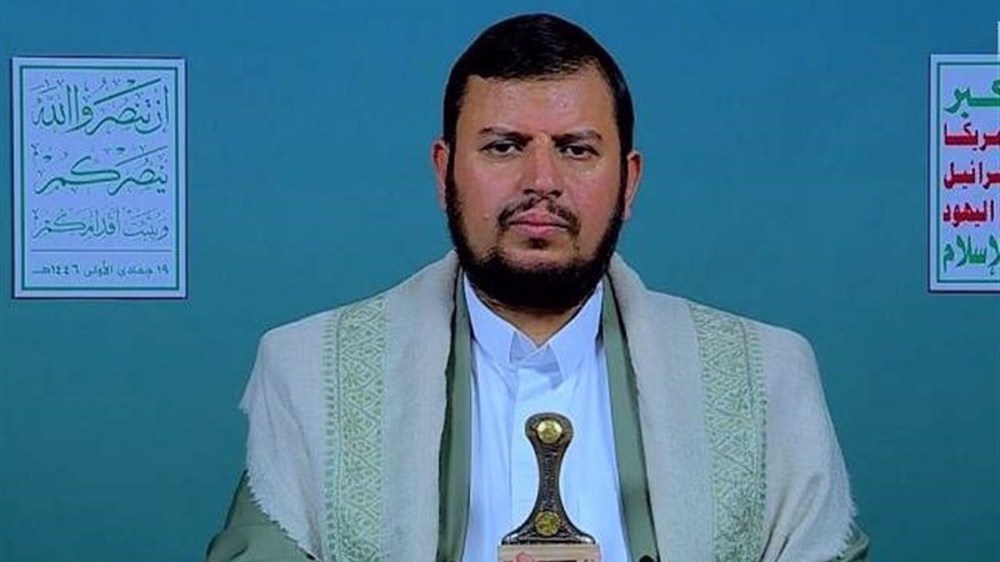
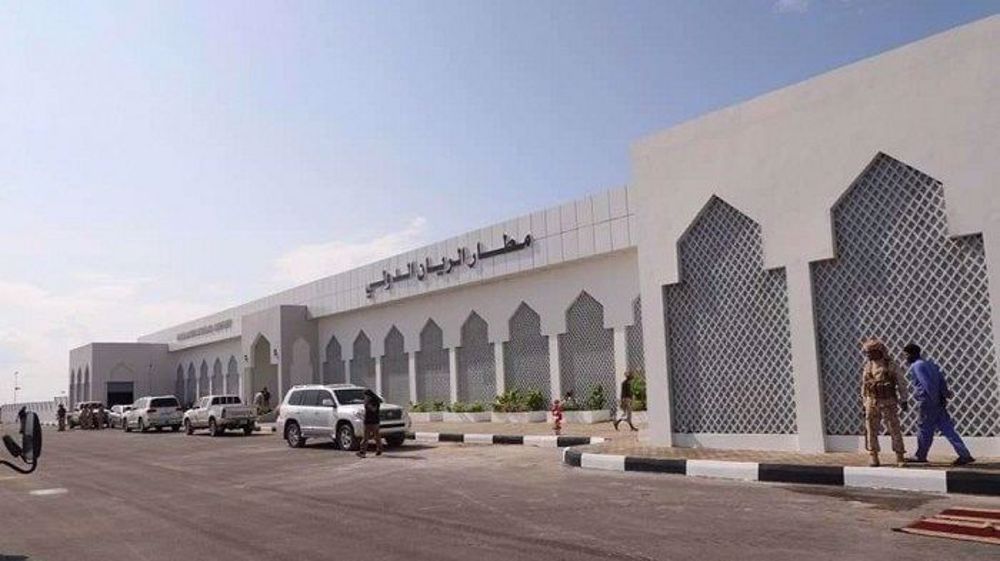



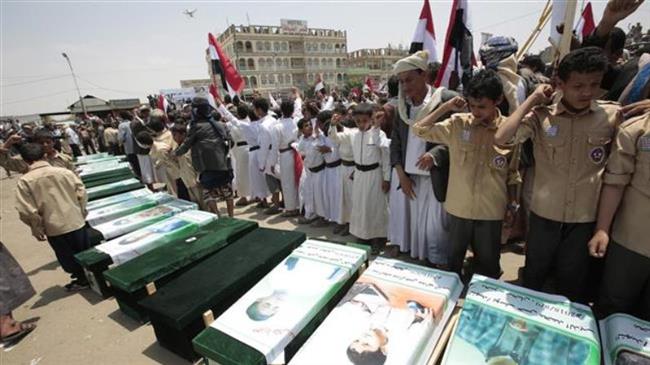
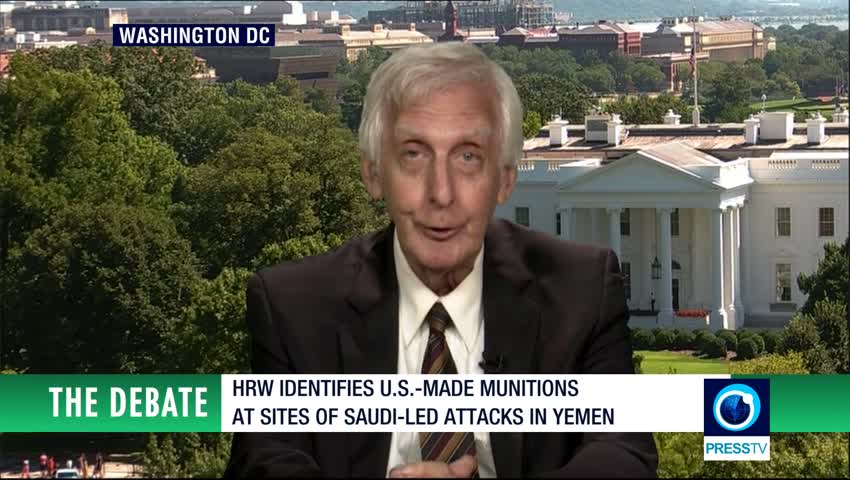
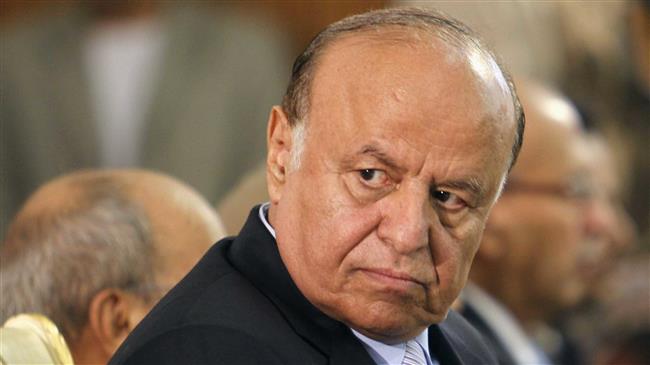
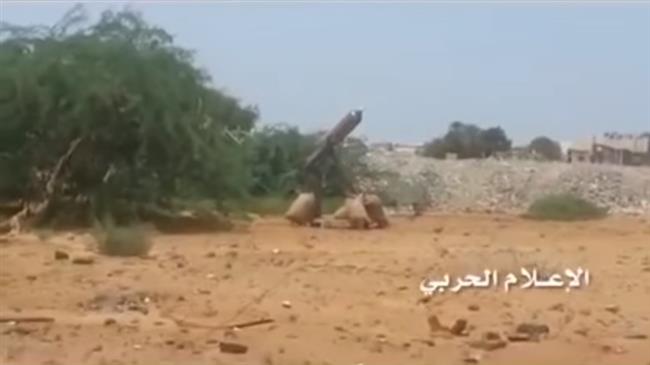
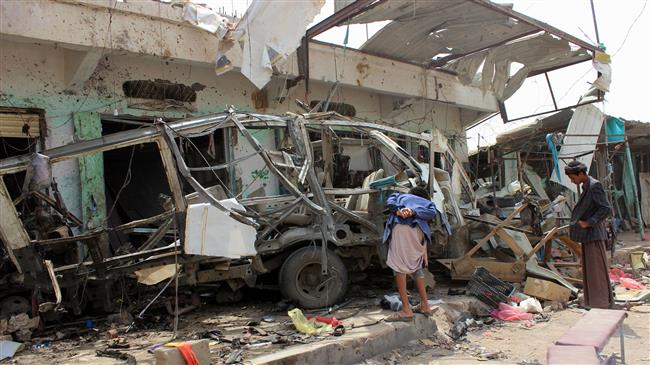
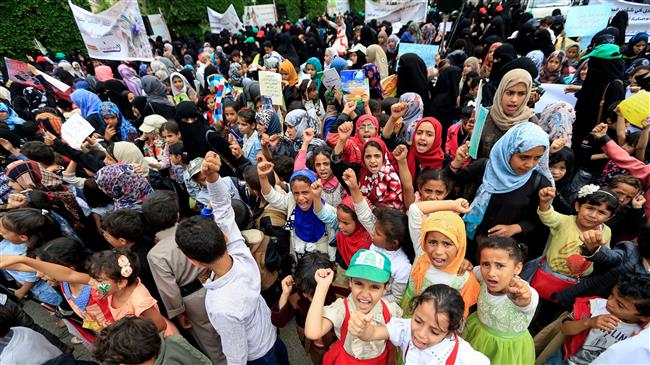
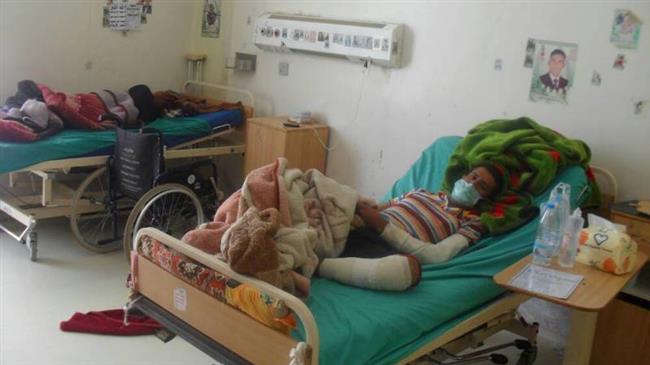
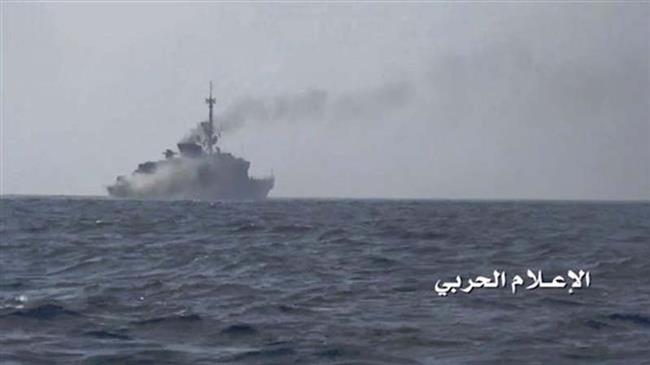

 This makes it easy to access the Press TV website
This makes it easy to access the Press TV website